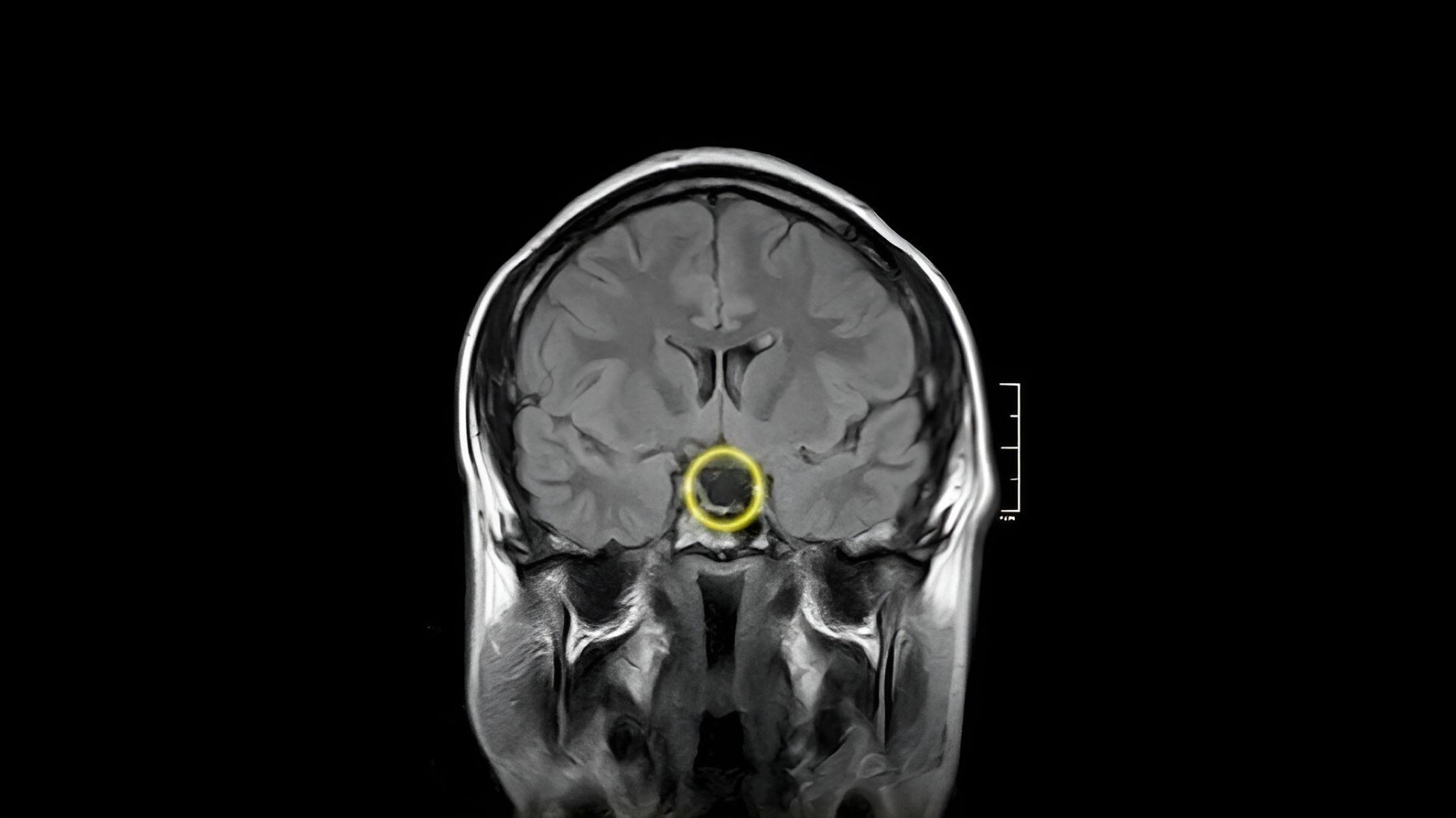
Mental health support is crucial for everyone, yet many people still face stigma and misunderstandings about it. Did you know that mental health issues affect one in four people globally? This means someone you know might be struggling silently. Accessing mental health support can make a world of difference, offering tools and strategies to cope with life's challenges. From therapy and counseling to support groups and hotlines, various resources are available to help. Understanding mental health better can lead to more empathy and support for those in need. Let's dive into some eye-opening facts about mental health support that could change how you view it.
Key Takeaways:
- Mental health is important for how we think, feel, and act. 1 in 5 adults in the U.S. experiences mental illness each year, but early intervention and various forms of support can make a big difference.
- Self-care, technology, and advocacy are shaping the future of mental health support. From exercise and healthy eating to teletherapy and genetic research, there are many innovative ways to improve mental well-being.
Understanding Mental Health
Mental health is a crucial aspect of overall well-being. It affects how individuals think, feel, and act. Here are some important facts about mental health support.
-
Mental health includes emotional, psychological, and social well-being. It influences how people handle stress, relate to others, and make choices.
-
One in five adults in the U.S. experiences mental illness each year. This statistic highlights the prevalence and importance of mental health awareness.
-
Mental health conditions are common worldwide. Approximately 450 million people currently suffer from such conditions, making it a leading cause of ill-health and disability.
-
Early intervention can improve outcomes. Addressing mental health issues early can lead to better long-term results.
Types of Mental Health Support
Various forms of support exist to help those struggling with mental health issues. Understanding these can guide individuals to the right resources.
-
Therapy and counseling are primary forms of support. These involve talking to a trained professional to address mental health issues.
-
Medication can be effective for many conditions. Antidepressants, antipsychotics, and anti-anxiety medications can help manage symptoms.
-
Support groups provide a community of understanding. They offer a space for individuals to share experiences and coping strategies.
-
Crisis intervention services are available for immediate help. Hotlines and emergency services can provide urgent support.
The Role of Professionals
Professionals play a significant role in providing mental health support. Their expertise and training are vital for effective treatment.
-
Psychiatrists are medical doctors specializing in mental health. They can prescribe medication and provide therapy.
-
Psychologists focus on therapy and behavioral interventions. They often hold a doctoral degree in psychology.
-
Social workers assist with practical aspects of mental health care. They help connect individuals with resources and support systems.
-
Counselors and therapists provide various forms of talk therapy. They work in diverse settings, including schools, hospitals, and private practices.
Barriers to Mental Health Support
Despite the availability of support, many barriers prevent individuals from seeking help. Understanding these barriers can lead to better solutions.
-
Stigma remains a significant barrier. Many people fear judgment or discrimination if they seek help.
-
Cost can be prohibitive for some. Mental health services can be expensive, and not everyone has insurance coverage.
-
Lack of access to services is a common issue. Rural areas and underserved communities often have fewer mental health resources.
-
Cultural factors can influence attitudes toward mental health. Different cultures have varying beliefs about mental illness and treatment.
The Importance of Self-Care
Self-care is an essential component of mental health support. It involves activities and practices that individuals can do to maintain their well-being.
-
Regular exercise benefits mental health. Physical activity can reduce symptoms of depression and anxiety.
-
Healthy eating supports brain function. A balanced diet can improve mood and energy levels.
-
Adequate sleep is crucial for mental health. Poor sleep can exacerbate mental health issues.
-
Mindfulness and meditation can reduce stress. These practices help individuals stay present and manage anxiety.
The Impact of Technology
Technology has transformed mental health support, making it more accessible and innovative.
-
Teletherapy offers remote access to mental health professionals. This can be especially helpful for those in remote areas.
-
Mental health apps provide tools for self-care. Apps can offer guided meditations, mood tracking, and coping strategies.
-
Online support groups connect individuals globally. These groups provide a sense of community and shared experience.
-
Virtual reality is being used in therapy. VR can help treat conditions like PTSD and phobias.
The Future of Mental Health Support
The field of mental health is continually evolving. Future developments promise to enhance support and treatment options.
-
Genetic research may lead to personalized treatments. Understanding genetic factors can help tailor interventions.
-
Artificial intelligence is being used to predict mental health crises. AI can analyze data to identify individuals at risk.
-
Integrative approaches combine traditional and alternative therapies. This holistic view can address multiple aspects of well-being.
-
Workplace mental health programs are becoming more common. Employers are recognizing the importance of supporting employees' mental health.
Advocacy and Awareness
Raising awareness and advocating for mental health is crucial for reducing stigma and improving support.
-
Mental Health Awareness Month is observed in May. This month focuses on educating the public and advocating for policies that support mental health.
-
Celebrities and public figures are speaking out. Their openness about mental health struggles helps reduce stigma.
-
Schools are incorporating mental health education. Teaching students about mental health can promote early intervention and support.
-
Legislation is being enacted to improve mental health care. Laws and policies are being developed to increase access to services and protect individuals' rights.
Final Thoughts on Mental Health Support
Understanding mental health support is crucial for everyone. Access to resources and support systems can make a huge difference in someone's life. Whether it's through therapy, medication, or community programs, there are many ways to get help. Stigma around mental health is decreasing, but there's still work to do. Education and awareness can help break down barriers and encourage more people to seek help. Remember, mental health is just as important as physical health. If you or someone you know is struggling, don't hesitate to reach out for support. There are many organizations and hotlines available to provide assistance. Taking care of your mental health is a sign of strength, not weakness. Let's continue to support each other and create a world where mental health is prioritized and understood.
Frequently Asked Questions
Was this page helpful?
Our commitment to delivering trustworthy and engaging content is at the heart of what we do. Each fact on our site is contributed by real users like you, bringing a wealth of diverse insights and information. To ensure the highest standards of accuracy and reliability, our dedicated editors meticulously review each submission. This process guarantees that the facts we share are not only fascinating but also credible. Trust in our commitment to quality and authenticity as you explore and learn with us.


